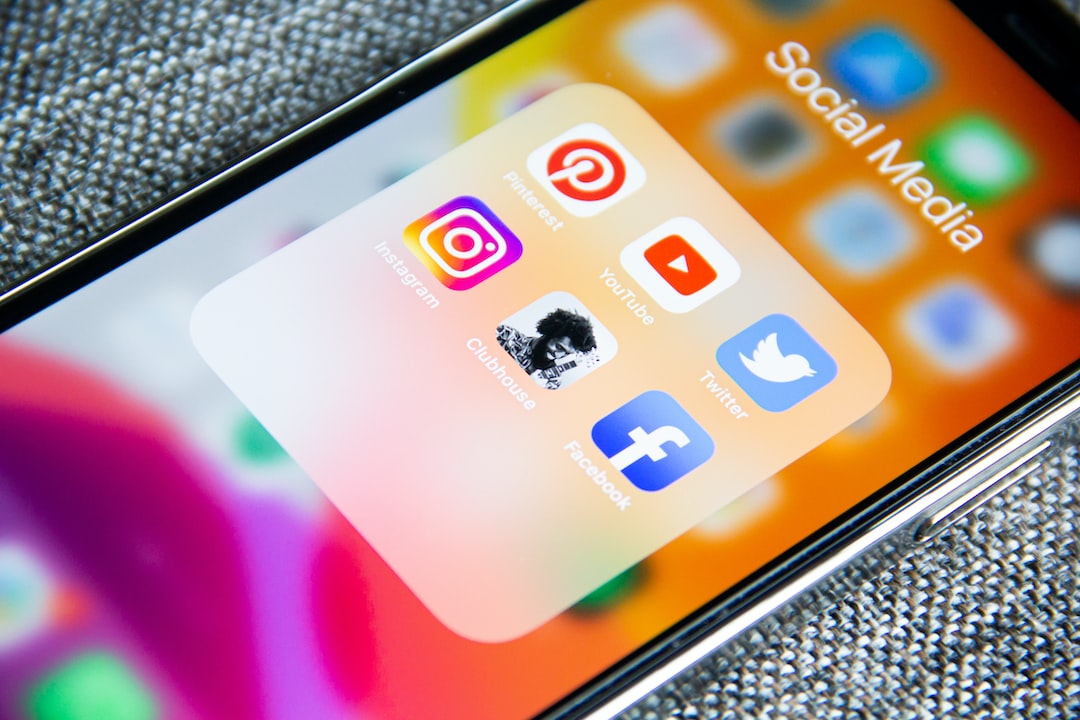The Power of Memes: How Internet Culture Is Transforming Media Communication
In the age of the internet, memes have taken the world by storm, sweeping through social media platforms and transforming the way we communicate. These simple, often humorous images or videos have become powerful tools in spreading ideas, making social commentaries, and even shaping public opinion. They have transcended their origins as mere entertainment and evolved into a cultural phenomenon that has the potential to impact media and communication in numerous ways.
Memes, though seemingly trivial, possess an eclectic power that lies in their ability to convey complex ideas concisely. They often encapsulate a moment, a feeling, or a situation in a way that words alone cannot. Through this unique form of visual communication, memes create a shared understanding among internet users, resulting in a more connected and relatable online community. They transcend language barriers and cultural divides, reaching people from all walks of life and sparking conversations on a global scale.
One of the most fascinating aspects of memes is their ability to engage and mobilize large groups of people around social and political issues. They serve as a vehicle for social commentary, allowing individuals to express their opinions and beliefs on matters that affect them. Memes have the power to challenge the status quo, break down traditional power structures, and provide a platform for marginalized voices.
Moreover, memes have become a dominant force in shaping public opinion and influencing political discourse. With their viral nature, memes can quickly disseminate ideas and have the potential to sway public sentiment. The ability to condense complex political ideas into easily digestible and shareable content has made memes a potent tool in political campaigns, galvanizing support, or even critiquing leaders and policies. In recent years, memes have played a significant role in spreading political messages, mobilizing voters, and affecting election outcomes.
The power of memes lies in their adaptability and ability to stay relevant. Memes constantly evolve and reflect the changing perspectives and trends in society. They are a reflection of the times we live in. Memes can provide insight into the collective consciousness of a generation, capturing the zeitgeist of our modern world. They have become an essential component of internet culture, shaping the way we communicate and interact online.
Memes also play a crucial role in marketing and advertising. Companies and brands have recognized the potential of memes to engage with their target audience and create viral content. Memes that incorporate products or slogans can quickly spread through social media, increasing brand awareness and generating buzz. By tapping into internet trends and meme culture, companies can stay relevant and resonate with their consumer base.
However, while memes have the power to entertain, inform, and engage, they also have their limitations. Memes, by nature, oversimplify complex subjects, contributing to the spread of misinformation or reinforcing stereotypes. They can be easily manipulated, taken out of context, or misinterpreted, leading to unintended consequences. Therefore, it is essential to approach memes critically and understand their potential implications.
In conclusion, the power of memes cannot be underestimated. They have transformed media communication by providing a visual language that breaks barriers, sparks conversations, and influences public opinion. Memes, with their ability to engage and mobilize large groups of people, have become a driving force in social and political discourse. As internet culture continues to evolve, memes will undoubtedly play an increasingly significant role in shaping media communication and our collective understanding of the world.

